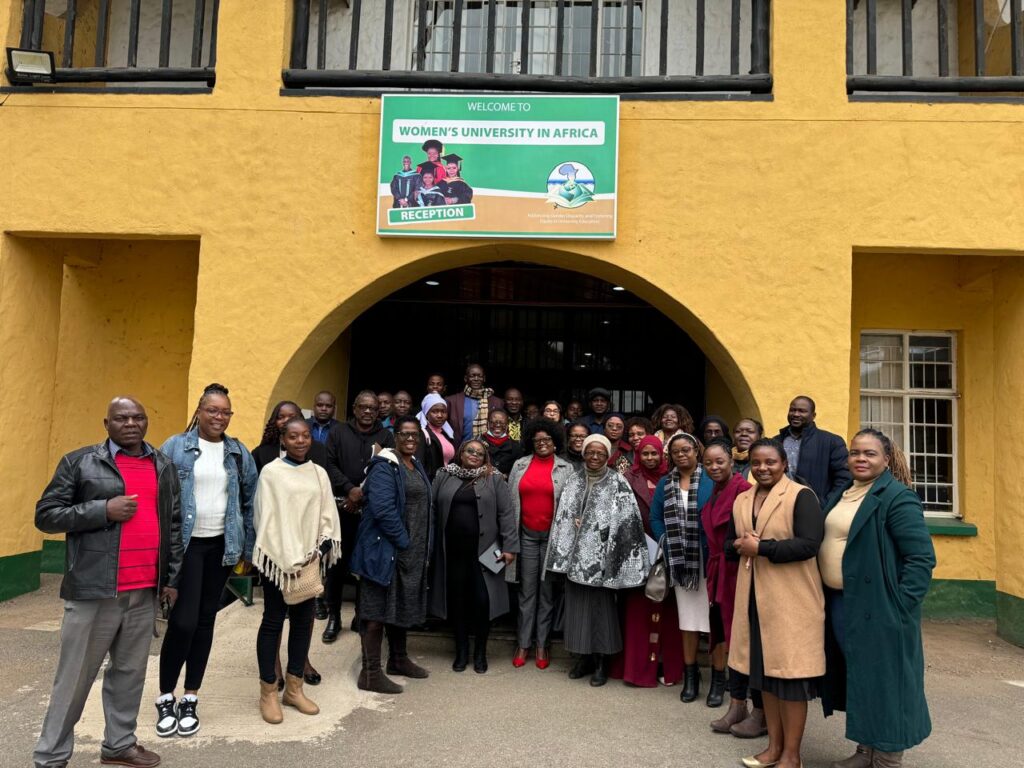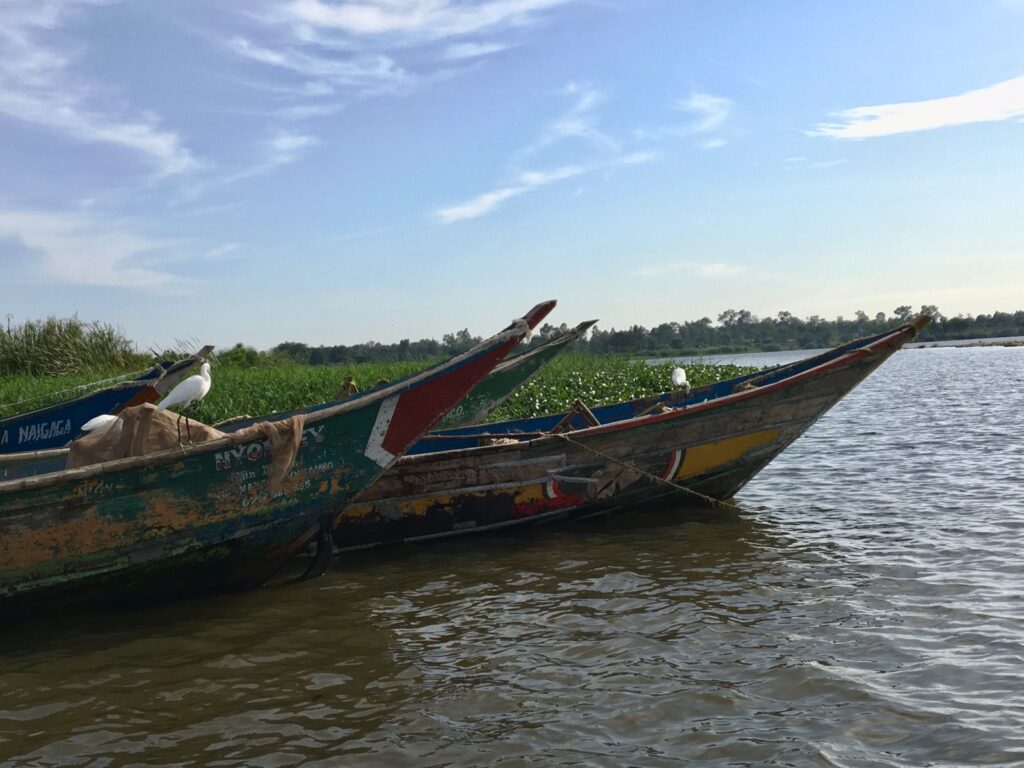
About Us
We are a diverse team of researchers exploring reproduction—both biological and social—within the context of changing social, economic, and environmental conditions across Africa. Our work challenges conventional narratives around fertility, child-rearing, and reproductive technologies. Our team values inclusivity, shared leadership, and critical reflection, ensuring that our work is both rigorous and socially engaged.
Our Research
Our research focuses on two key areas:
The social study of reproductive technologies – We explore how people across different contexts shape their reproductive experiences using both biomedical and vernacular practices. We also examine the varied practices of trying to conceive—or prevent conception—and how these experiences are shaped by broader societal narratives. A key concept in our work is “longing”, which captures the diverse ways people desire, pursue, or avoid reproduction.
The exploration of the socialisation of children – We examine the relationships, structures, and environments that shape early childhood care and kinship. We explore how family networks, social support systems, and economic conditions influence caregiving. Additionally, we consider how different caregiving arrangements—whether within nuclear families, extended families, or broader community structures—shape children’s experiences and identities.
Our Ethos
We are committed to fostering an inclusive, collaborative, and reflective research environment. Our team brings together established scholars, mid-career, and early-career researchers from diverse disciplinary backgrounds, creating a space where different perspectives shape our work. We embrace shared leadership, ensuring that all team members have opportunities to contribute, lead, and receive support in ways that recognise their unique expertise and strengths.
Given our diversity, we aim to create spaces where open dialogue, resource-sharing, and collaboration thrive. Our work is guided by continuous reflection, an awareness of privilege, and a commitment to ensuring equitable access, inclusion, and engagement at every level.
